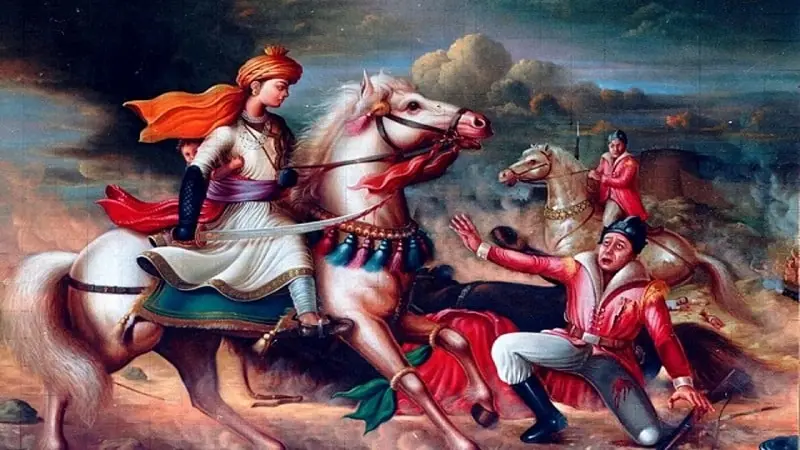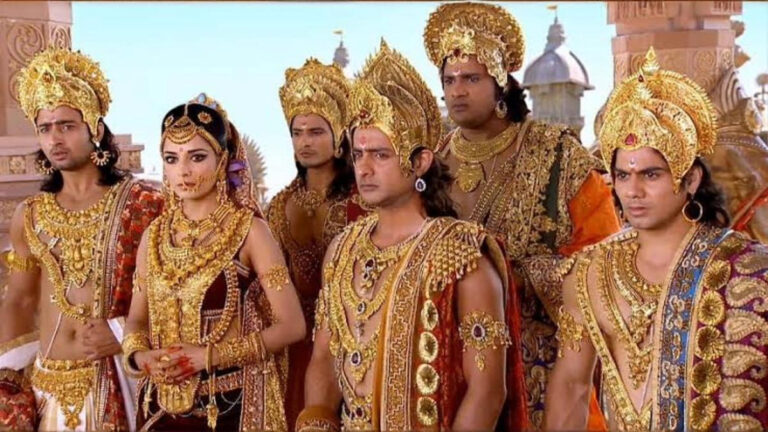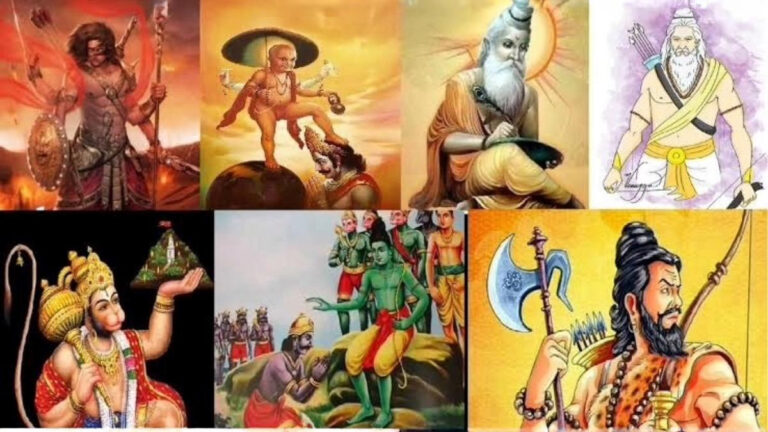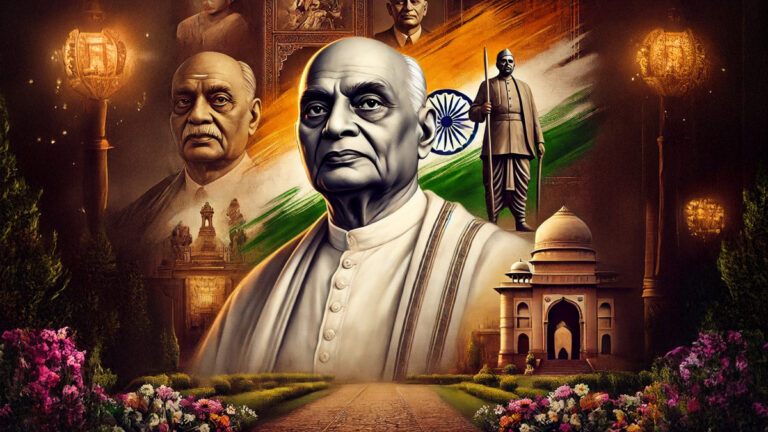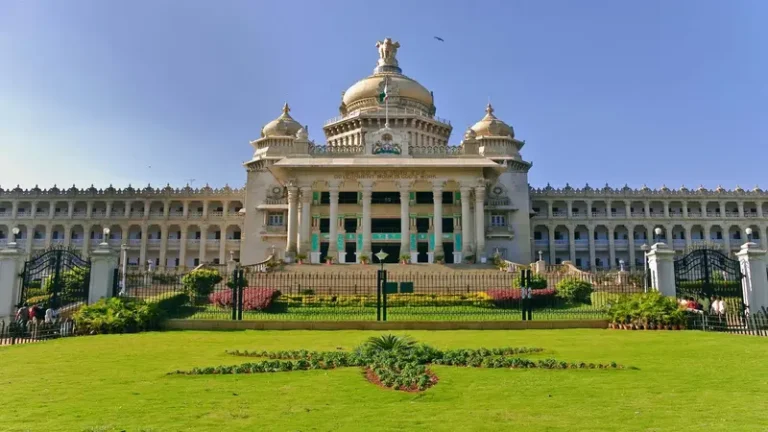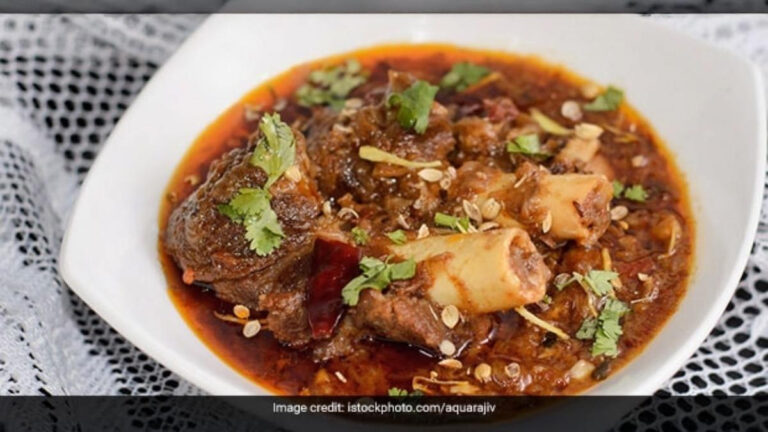Rani Lakshmi Bai, popularly known as the Rani of Jhansi, was a courageous and iconic figure in the history of India’s struggle for independence. Her story is one of bravery, resilience, and a fierce determination to protect her kingdom and fight against British colonial rule. In this article, we will delve into the life and legacy of Rani Lakshmi Bai, exploring her early years, her role in the Indian Rebellion of 1857, and the impact she had on the freedom movement.
Early Life and Background
Rani Lakshmi Bai was born on November 19, 1828, in Varanasi, Uttar Pradesh, India. Her birth name was Manikarnika Tambe, and she was affectionately called Manu by her family. She belonged to a Marathi Brahmin family and was raised in a progressive environment that encouraged education and independent thinking.
At a young age, Manikarnika showed signs of courage, intelligence, and a strong will. She received a comprehensive education. It included subjects such as martial arts, horse riding, and archery, along with traditional academic disciplines. Her studies also encompassed Indian history, mythology, and the heroic tales of warriors and freedom fighters.
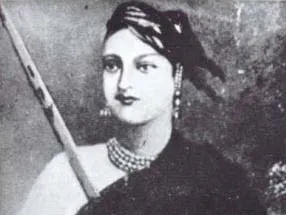
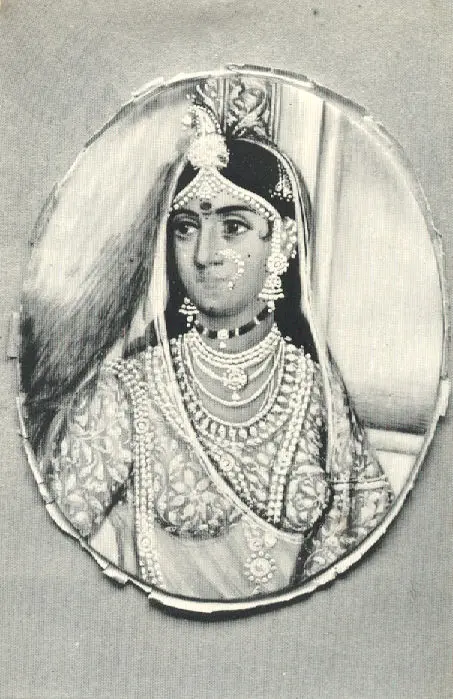
Marriage and Transformation into Rani Lakshmi Bai
In 1842, Manikarnika was married to Gangadhar Rao Newalkar, the Maharaja of Jhansi. After her marriage, she was given the name Lakshmi Bai and became the queen consort of Jhansi. Her marriage proved to be a turning point in her life. It brought her to the forefront of political affairs and gave her a platform to exercise her leadership skills.
Tragedy struck the royal family when they faced the loss of their only son in 1851. Overwhelmed with grief, Lakshmi Bai and the Maharaja decided to adopt a son to secure the succession of the kingdom. However, the British East India Company, under the Doctrine of Lapse policy, refused to acknowledge the adoption and sought to annex Jhansi.
The Indian Rebellion of 1857
The Indian Rebellion of 1857, also known as the First War of Independence, was a significant uprising against British rule in India. It was during this period that Rani Lakshmi Bai emerged as a prominent leader and a symbol of resistance against colonial oppression.
In March 1858, British forces attacked Jhansi, seeking to seize control of the kingdom. Rani Lakshmi Bai fiercely defended her land and led her troops into battle. She displayed remarkable military prowess, riding on horseback and wielding weapons alongside her soldiers. Her presence on the battlefield inspired her troops and struck fear into the hearts of the British.
Despite her valiant efforts, Jhansi eventually fell to the British. Rani Lakshmi Bai refused to surrender and, instead, escaped with a small contingent of her loyal soldiers. She continued to wage guerrilla warfare against the British and sought alliances with other rebel leaders, including Tatya Tope and Nana Sahib.
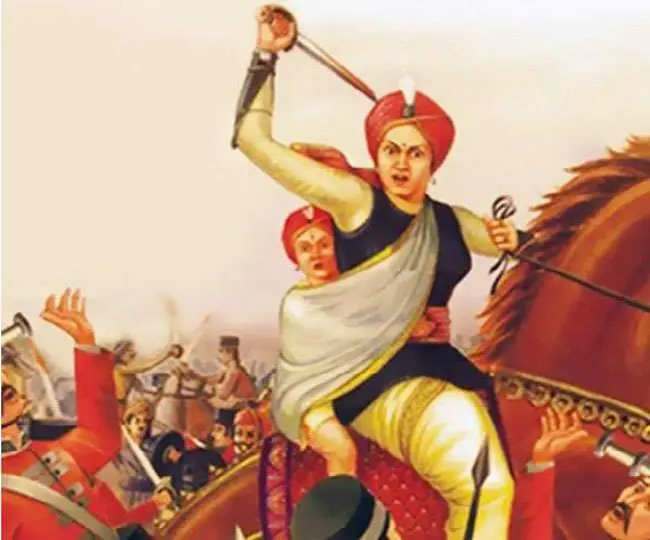
Tragic Demise and Enduring Legacy
Rani Lakshmi Bai’s fight for independence came to a tragic end in June 1858. She led her forces in the Battle of Gwalior, where she fought with unparalleled bravery. However, she sustained injuries during the battle and ultimately succumbed to her wounds.
Despite her untimely death, Rani Lakshmi Bai’s legacy lives on as a symbol of courage and patriotism. Her sacrifice and unwavering commitment to the cause of freedom continue to inspire generations of Indians. She is also remembered as the epitome of a warrior queen. She defied societal norms and fearlessly fought against colonial rule.
Rani Lakshmi Bai’s contribution to India
Her rebellion in Jhansi and subsequent battles served as an inspiration for other leaders and revolutionaries who followed in her footsteps. Her steadfast determination to defend her kingdom and her unwavering loyalty to her people left an indelible mark on the history of India’s fight for independence.
Today, Rani Lakshmi Bai is celebrated as a national hero and a symbol of women’s empowerment. Moreover, her statue stands proudly in various parts of India, and her name resonates with pride and admiration. She continues to be a source of inspiration for individuals striving for justice, equality, and freedom.
In conclusion, Rani Lakshmi Bai’s life and journey exemplify the spirit of resilience, courage, and sacrifice. Her unwavering commitment to the cause of freedom and her exceptional leadership during the Indian Rebellion of 1857 have cemented her place in history as an iconic figure. Rani Lakshmi Bai’s legacy continues to inspire generations, reminding us of the indomitable spirit of those who fought for India’s independence.
Certainly! Let’s delve into more detail about Rani Lakshmi Bai’s life and the events surrounding her role in the Indian Rebellion of 1857
After the annexation of Jhansi by the British East India Company in 1854, Rani Lakshmi Bai’s husband, Maharaja Gangadhar Rao, died in 1853. The British denied the legitimacy of Lakshmi Bai’s adopted son, Damodar Rao, as the rightful heir to the throne of Jhansi under the Doctrine of Lapse policy. This policy allowed the British to annex princely states if there was no male heir. The denial of Damodar Rao’s claim to the throne led to a deep sense of resentment among the people of Jhansi.
When the Indian Rebellion of 1857 broke out, also known as the Sepoy Mutiny or the First War of Independence, Rani Lakshmi Bai seized the opportunity to assert her sovereignty and fight against the British rule. In June 1857, she led a rebellion in Jhansi. With the support of her loyal army, she took control of the city and expelled the British officials.
During her rule, Rani Lakshmi Bai introduced several administrative reforms, including improving the condition of women, abolishing the practice of sati (widow burning), and encouraging education for all. She actively participated in the affairs of the state, demonstrating her exceptional administrative skills and progressive mindset.
However, the British were determined to regain control of Jhansi. In March 1858, British forces led by Sir Hugh Rose launched an attack on Jhansi. Rani Lakshmi Bai valiantly defended her kingdom, leading her troops from the front lines. The siege lasted for two weeks, but ultimately Jhansi fell to the British.
How Rani managed to escape?
Undeterred by the loss, Rani Lakshmi Bai escaped with a group of loyal soldiers. She continued to resist the British occupation. She formed alliances with other rebel leaders, most notably Tatya Tope and Nana Sahib. Also, she engaged in guerrilla warfare against the British forces.
In June 1858, Rani Lakshmi Bai and her forces confronted the British in the Battle of Gwalior. Despite being outnumbered and heavily injured, she fought with exceptional courage and determination. It was during this battle that she tragically lost her life. Her death left a significant impact on the Indian rebellion. Her sacrifice became a rallying cry for the freedom fighters who followed.
Rani Lakshmi Bai’s legacy as a national hero. She was a symbol of women’s empowerment continues to inspire generations in India and beyond. Her bravery, leadership, and unwavering dedication to the cause of independence have earned her a place of reverence in the hearts of millions. Numerous poems, songs, books, and movies have celebrated her life and her indomitable spirit.
The story of Rani Lakshmi Bai serves as a reminder of the struggles and sacrifices made by countless individuals in the fight against colonial oppression. Moreover, her legacy stands as a testament to the power of resilience. Also, the unyielding spirit of those who seek freedom and justice.

